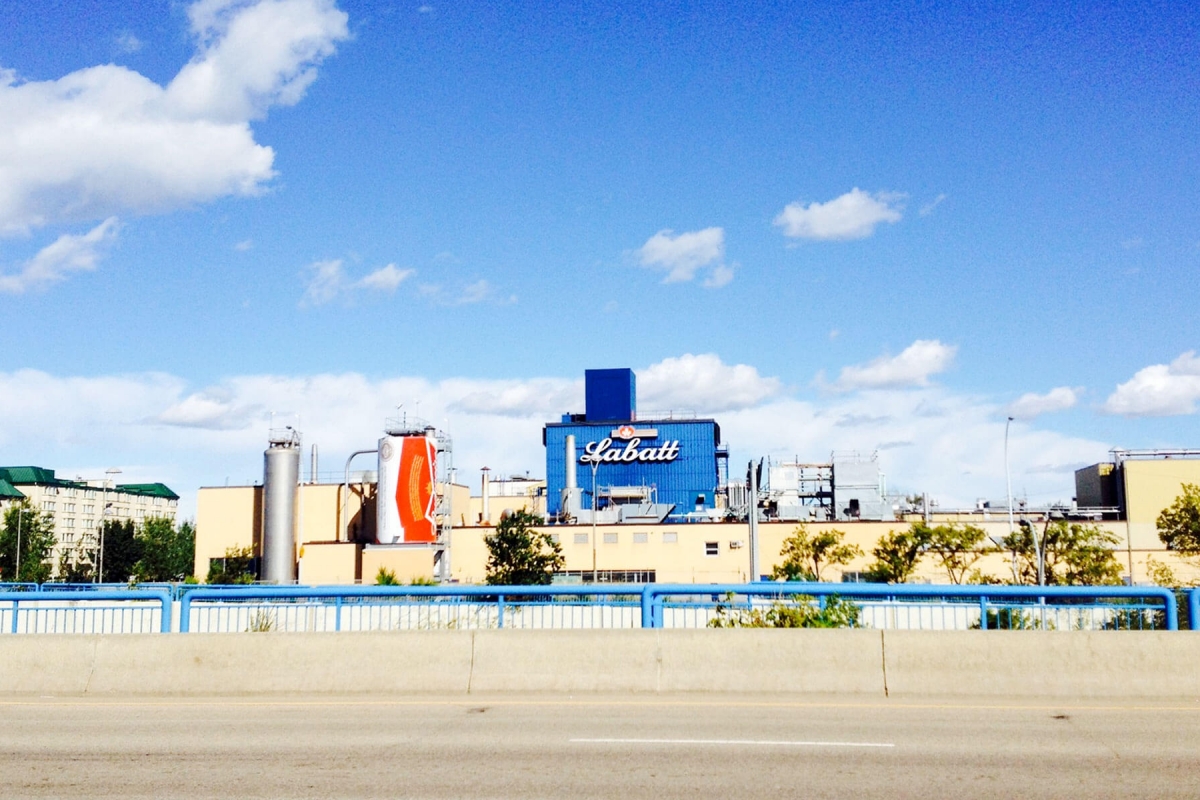
Labatt Breweries of Canada is fuelling Canada’s economic recovery with a direct injection of $461.5 million through its capital program focused on sustainability, innovation and production enhancements that will have significant impact on its breweries and operations across the country. Labatt has 174 years of history of substantial investments in its brewing operations and in supporting national, provincial, and local economies across Canada with a total investment of $1.125 billion between 2011-2021.
The 2019-2022 capital investment demonstrates Labatt’s ongoing commitment to Canada and the local communities where its seven key brewing facilities are located. They will benefit from upgrades and expansions that will help make our operations more sustainable – from reducing plastic use to energy and water savings.
“We all know how challenging the past 18 months have been for our country. This important investment is a commitment to our communities and to our people, ensuring they have the resources needed to do what they do best so Labatt can contribute to Canada now and for years to come,” said Jeff Ryan, VP Legal & Corporate Affairs, Labatt Breweries of Canada. “It will allow us to reduce our environmental footprint and enable our breweries for future growth as we continue to meet the changing needs and tastes of Canadians and work toward our global sustainability goals.”
A major part of the investment is the introduction of the KeelClip™ packaging system – a minimal material fastener solution made of recyclable fibre paperboard – at Labatt’s London and Montreal breweries. The high-tech, automated system is the first of its kind in North America and will replace the use of plastic rings, tops and shrink film, reducing the company’s overall single-use plastic usage in early 2022 by nearly 152,000kg. This weight is equivalent to removing 117 mid-sized cars from the landfill. Labatt aims to reduce 242,000 kg of single-use plastic by 2024.
“The introduction of KeelClip at our London and Montreal breweries will revolutionize the way we package our products from both an environmental and merchandising standpoint. It offers unique branding and marketing benefits,” said Bryan Derr, VP of Supply, Labatt Breweries of Canada.
Labatt’s Vancouver, Creston, Halifax, and St. John’s breweries will also benefit from the capital investment. This will include technology and equipment upgrades that will drive production and environmental efficiencies and prepare the breweries for future growth. Non-brewery investments will benefit provincial operations such as technology and warehousing enhancements, and commercial initiatives.
Labatt’s 2019-2022 Capital Program:
- Labatt’s capital program includes $461.5 million being invested over 2019-2022 throughout its operations across Canada, broken down by province as follows:
- $145 million will be invested in Ontario with $52.6 million going directly into the London brewery for major initiatives such as KeelClip™, and a new state-of-the art can line that increases packaging flexibility and supports product innovation.
- $110 million will be invested in Quebec with $43.7 million going directly into the Montreal brewery for significant projects like KeelClip™ and the installation of a new fermentation tank to increase brewing capacity.
- $38 million will be invested in British Columbia with $4.6 million going directly into the Creston brewery’s warehouse expansion and upgrades and $2.9 million going into brewing enhancements at Vancouver’s Turning Point Brewery.
- $25.2 will be invested in Nova Scotia with $11 million going directly into the Oland Brewery in Halifax for equipment and process improvements including a new leading-edge pasteurizer – a one-of-a-kind in North America.
- $9.9 million will be invested in Newfoundland with $2.8 million going directly into the St. John’s brewery for two new modular boilers that are up to 80 per cent more efficient, and other upgrades and enhancements.
- $119 million will be invested into Alberta, with $69 million going directly into the Edmonton brewery for new equipment, technology and upgrades, new warehouse space, and a 30,000 square-foot ready-to-drink building to support expanded brewing type and capacity, all of which will result in job creation.
